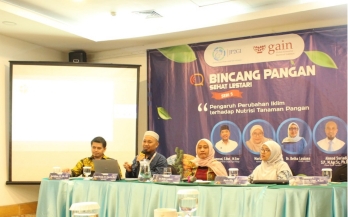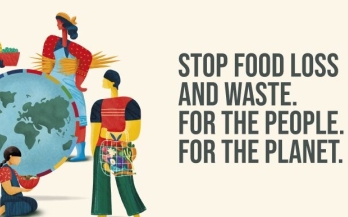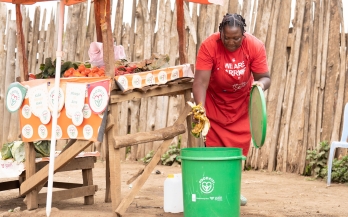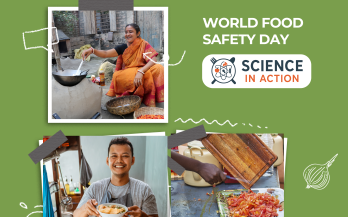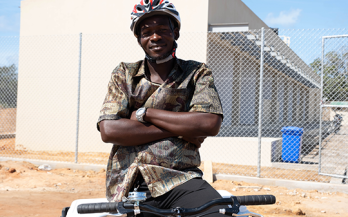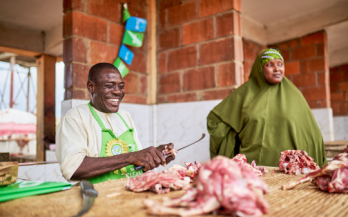On October 14, 2025, the 5th series of Bincang Pangan Sehat Lestari brought together experts, policymakers, and practitioners from government agencies and NGOs. The discussions focused on the impact of climate change on food crop nutrition.
If food waste were a country, it would be the world’s third-largest greenhouse gas emitter, after the U.S. and China: not only does it represent the use of resources and environmental impact without a clear benefit, but as it decomposes in landfills, it releases methane and carbon dioxide. What if some of this could be avoided, and in a way that improved access to safe, nutritious foods for those who need them?
Every morning in Nairobi’s informal settlements, thousands of mothers head to the local market, searching for fresh vegetables to feed their families. For many, affordability is a top concern—but so is safety. Mary, a mother of three, recalls the time her youngest fell ill after a meal of sukuma wiki (kales). The vegetables had looked fine, but invisible risks like pesticide residues or poor handling were the real culprits.
Across the City, 27-year-old Joseph joins dozens of young men at a construction site, hoping to earn enough to make it through the week. With limited pay and rising costs of living, lunch often comes from a nearby kibanda—a roadside kiosk offering fast, affordable meals. It’s filling and convenient, but rarely is the question asked: Is the food safe?
Every year, unsafe food makes 600 million people sick and claims 420,000 lives – including 125,000 children under five (World Health Organization, 2015). These aren’t just numbers; they’re a call to action. At GAIN, we are using science and evidence to change this. For World Food Safety Day, we are spotlighting 10 ways we’ve advanced food safety over the past year.
One of the biggest challenges street vendors face in Pemba and other parts of Mozambique, is having to travel long distances by foot, reaching more customers. NutriBike is an intervention to solve the storage challenges faced by street vendors. It provides street vendors suitable equipment for preserving and transporting their products maintaining quality, as well as enabling them to cover longer distances and faster.
We expect to be eating peanuts, not extreme amounts of aflatoxins, and chicken but not E. coli. We expect that our salads are washed with clean water, and that the person who prepared the salad first washed their hands. We cannot, however, always assume the expected and thus need to be ready for the unexpected. Unexpected events can take the form of natural disasters, such as earthquakes or floods. They might also come from power cuts or amid sudden political change. Such events can disrupt food availability, accessibility and safety, leaving us exposed to increased levels of unsafe food.
